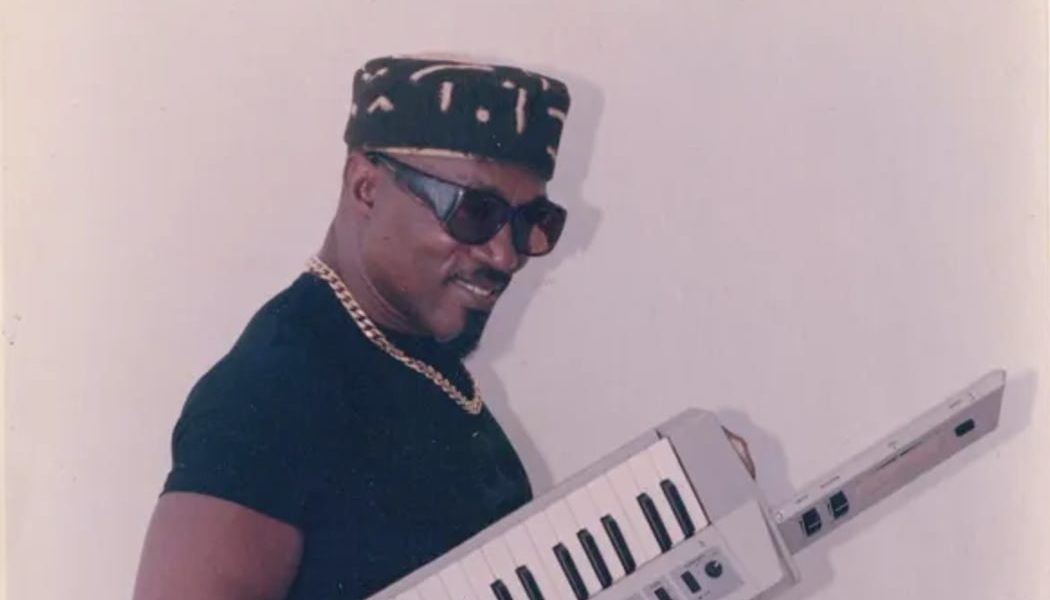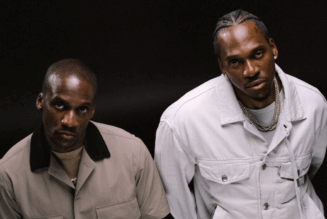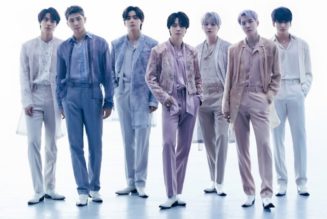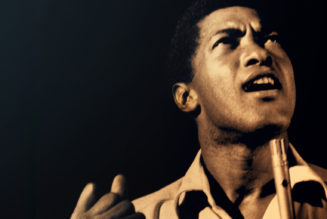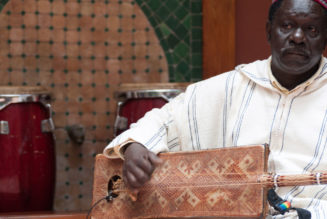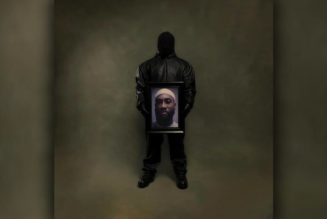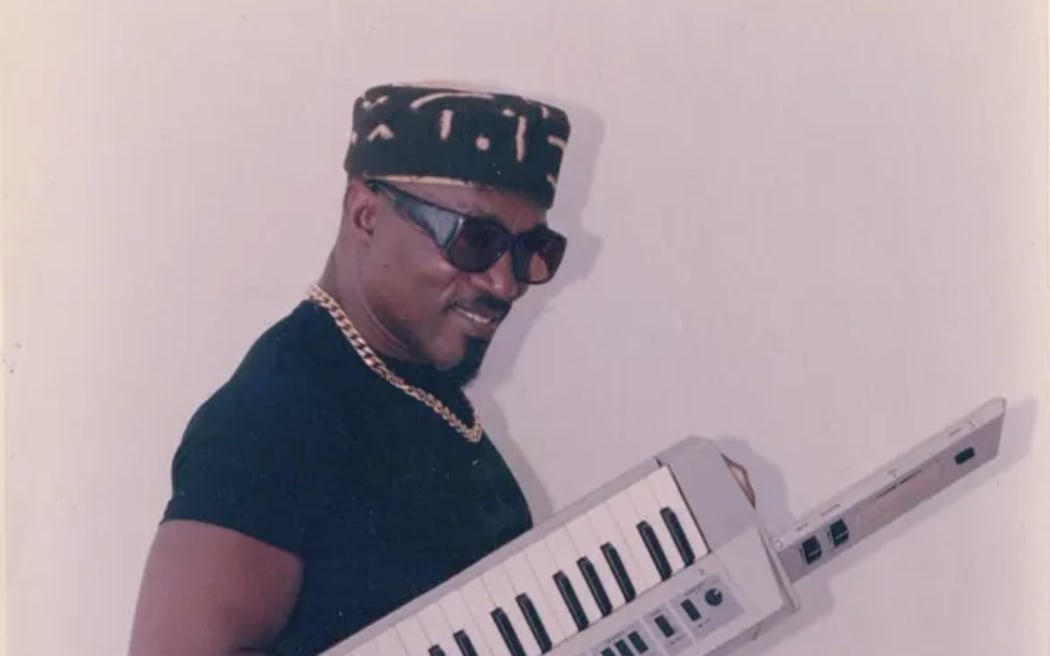
Delips Apo
Photo: World Music Central
Soundway Records has a roster that spans the globe, including several artists based in Aotearoa. They also issue specialised compilations, with names like Gumba Fire: Bubblegum Soul & Synth Boogie in 1980s South Africa, and Onda De Amor: Synthesised Brazilian Hits That Never Were (1984-94).
In 2009 Soundway released Ghana Special: Modern Highlife, Afro-Sounds and Ghanian Blues 1968-81, and recently its follow up, a collection that hones in on music made by West Africans who had emigrated abroad, fusing then-contemporary sounds with Ghanaian tradition.
Aside from being filled with very listenable music, compilations like Ghana Special 2: Electronic Highlife & Afro Sounds In The Diaspora, 1980-93 can double as a history lesson.
It’s useful to know a few key terms, like Highlife, the genre of music that originated in Ghana while it was a British colony, fusing rhythms from traditional African music, with elements of jazz, and Western instrumentation.
Derivations include Afrobeat, and Makossa.
The music on this album is specified as Burger-highlife, created by Ghanaian emigrants who had settled in Germany and elsewhere. Burger in German means ‘citizen’.
According to a 2022 piece in The Guardian on burger-highlife, “it all started with George Darko”. His song ‘Kaakyire Nua’ features plenty of the disco and funk influences that help distinguish burger-highlife.
It was political upheaval that drove people from Ghana in the 1980s. There was an embargo on live music, and a 160% import tax on musical instruments.
Musicians arriving in the UK had access to new musical technology. Musician Wilson Boateng is quoted in the Guardian piece saying “Ghana didn’t have any synthesisers,but in London, they were very popular”.
The metronomic drum machine in Abdul Raheem’s ‘Alaiye’ is an example of the new musical technology colouring Highlife in the 1980s.
Cross-cultural collaboration also began, as white musicians joined bands and performed Ghanaian music.
Delips Apo had been a member of The Godfathers in London. A track of theirs opens this collection. Apo would move to Sweden and expand his scope even more, incorporating Caribbean flavours into his solo project Dadadi, heard here on ‘Jigi Jigi’.
The music on Ghana Special 2 represents a moment when technological change intersected with a massive cultural shift. It all crackles with the excitement of discovery, and forward momentum. I can’t imagine anyone finding these tunes too disagreeable.
The work that’s gone into the compilation is exemplary, and to top it off, Soundway celebrated with a performance at WOMAD Berlin, by a supergroup featuring three generations of Ghanaian musicians.
